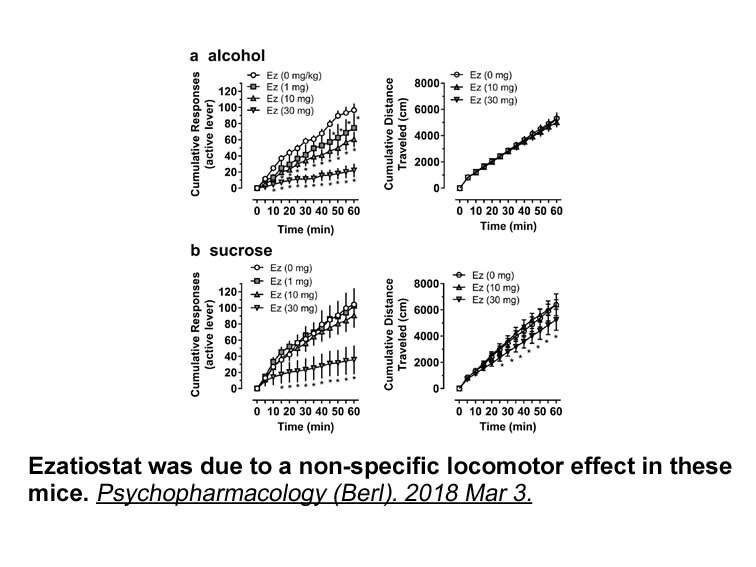Archives
Mitochondrial dysfunction resulting from mtDNA abnormalities
Mitochondrial dysfunction resulting from mtDNA abnormalities may trigger retrograde signaling pathways from the mitochondrion to the nucleus, which regulate the expression of genes involved in diverse cellular processes, including metabolism, stress responses, tumor progression, nutrient sensing, life span, and drug sensitivity [14]. This retrograde regulation may be an important mechanism for tumor progression and drug resistance. Indeed, various studies have shown that mtDNA content reduction in breast cancer Lubiprostone and prostate cancer cells promotes the progression of them, suggesting a causative role of low mtDNA copy number in tumor development [15,16]. What’s more, there have been several studies showing that mitochondrial dysfunction, mtDNA depletion or reduction can increase resistance to anti-cancer drugs in different cancer models [17,18,19,20], and that mtDNA-depleted colorectal cancer cells become more resistant to anti-cancer drugs as compared with normal cancer cells [21].
Furthermore, mtDNA content has been reported to be lower in advanced cancer stages in colorectal tumors in several studies [11,22,23]. In one of these studies, the authors demonstrated that patients with low mtDNA copy number tended to have a lower 3-year survival than patients with high mtDNA copy number [11]. Another study also revealed that patients with the low mtDNA copy number was associated with shorter disease-free survival compared with patients with high mtDNA copy number in 194 tumor samples [23]. However, the molecular mechanisms linking mtDNA abnormalities and progression of CRC remain largely obscure. The SW480 cell line was originally isolated from a primary colorectal adenocarcinoma and is one of the most common cell lines used to study CRC in vitro. Therefore, we specifically chose the SW480 cells to investigate whether mtDNA content reduction can result in enhanced malignant phenotypes by retrograde regulation and find possible underlying mechanisms to provide potential targets for the treatment of CRC.
Materials and methods
Results
Discussion
Previously, mtDNA-reduced mammalian cells lines have been established to investigate the role of mitochondria abnormalities in cancer, mitochondrial diseases, as well as agin g and age-related disorders. It has been shown that mtDNA reduction in tumors can lead to enhanced malignant phenotypes. For example, mtDNA reduction in breast cancer induces epithelial–mesenchymal transition and generation of tumor stem cells [15]. In human lung carcinoma A549 cells, mitochondrial stress caused by mtDNA reduction also induces phenotypic changes and invasive behavior [36]. While a number of studies have shown the effects of mtDNA, our understanding of the mechanisms underlying these effects, particularly for CRC, is limited. In this study, we used mtDNA-reduced SW480 cells to investigate the effects of mitochondrial genome reduction on CRC cell phenotype as well as the mechanism of these changes.
Metabolism of cancer cells was different in a lot of ways compared with normal non-malignant cells and mitochondrial respiration dysfunction and increased glycolysis are frequently observed in cancer cells. This alteration, known as aerobic glycolysis, helps cancer cells to survive in harsh tumor microenvironments. We discovered that mtDNA-reduced SW480 cells exhibited strong aerobic glycolysis — they had high intracellular glucose content and increased lactate production, accompanied by a markedly increased activity of glycolytic enzymes. However, ATP levels were not significantly affected in the mtDNA-reduced cells. These results suggested that mtDNA-reduced cells might initiate and increase the utilization of the glycolytic pathway for energy compensation. Tumor cells using aerobic glycolysis also exhibited high ratios of ATP/ADP and NADH/NAD+ [37,38]. What’s more, aerobic glycolysis meets the needs of the rapidly proliferating cancer cells for the metabolism of macromolecules and provides a large amount of precursor substances. A large number of carbohydrate metabolites produced by it are diverted into various biosynthetic pathways [39]. Thus, strong aerobic glycolysis in mtDNA-reduced SW480 cells helps cancer cells to gain a survival advantage.
g and age-related disorders. It has been shown that mtDNA reduction in tumors can lead to enhanced malignant phenotypes. For example, mtDNA reduction in breast cancer induces epithelial–mesenchymal transition and generation of tumor stem cells [15]. In human lung carcinoma A549 cells, mitochondrial stress caused by mtDNA reduction also induces phenotypic changes and invasive behavior [36]. While a number of studies have shown the effects of mtDNA, our understanding of the mechanisms underlying these effects, particularly for CRC, is limited. In this study, we used mtDNA-reduced SW480 cells to investigate the effects of mitochondrial genome reduction on CRC cell phenotype as well as the mechanism of these changes.
Metabolism of cancer cells was different in a lot of ways compared with normal non-malignant cells and mitochondrial respiration dysfunction and increased glycolysis are frequently observed in cancer cells. This alteration, known as aerobic glycolysis, helps cancer cells to survive in harsh tumor microenvironments. We discovered that mtDNA-reduced SW480 cells exhibited strong aerobic glycolysis — they had high intracellular glucose content and increased lactate production, accompanied by a markedly increased activity of glycolytic enzymes. However, ATP levels were not significantly affected in the mtDNA-reduced cells. These results suggested that mtDNA-reduced cells might initiate and increase the utilization of the glycolytic pathway for energy compensation. Tumor cells using aerobic glycolysis also exhibited high ratios of ATP/ADP and NADH/NAD+ [37,38]. What’s more, aerobic glycolysis meets the needs of the rapidly proliferating cancer cells for the metabolism of macromolecules and provides a large amount of precursor substances. A large number of carbohydrate metabolites produced by it are diverted into various biosynthetic pathways [39]. Thus, strong aerobic glycolysis in mtDNA-reduced SW480 cells helps cancer cells to gain a survival advantage.